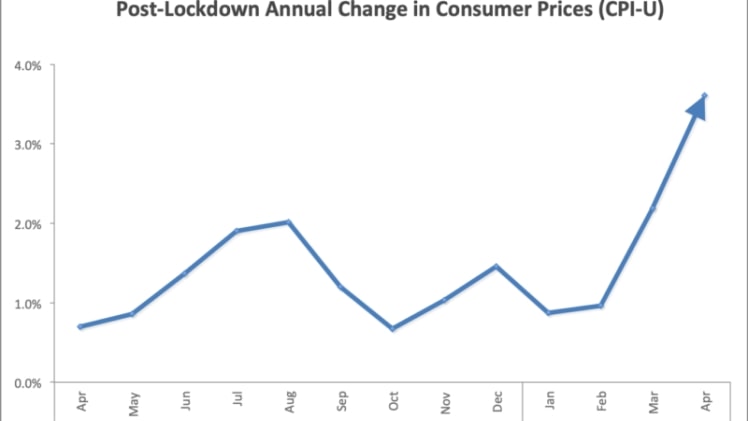When a balloon is inflated too much, it bursts, sometimes causing commotion and confusion. In much the same way, inflation, described as “the rate of increase in prices over a certain period of time” or the increase in the cost of living has side effects that impact people and their lifestyles. In the UK, inflation is rising. For the real estate market, especially in the upcoming economic hubs such as South East England, estate agents in Sittingbourne will agree that these side effects include an increase in mortgage rates, property values, rent prices, construction expenses and also devaluation of long term debt.
While this could be a way out for landlords and property moviesverse owners who benefit from an increase in property assets, one of the groups worst hit by inflation is the tenants.
Increase in Rents: Landlords usually take the opportunity to offset their increasing mortgage interest by hiking their rentals. They also do not usually offer long-term leases with locked-in prices. For renters who are already battling with the increase in the price of essentials, such as food and energy items, rises in rent rates only add to their burden.
Supply against Demand: This ever-present problem in the property market, where the demand far exceeds the supply, is another reason why renters are most affected. To try and boost the economy, some taxes have been raised. Where landlords are concerned, meeting responsibilities and conforming to regulations have led to some leaving the property market, thus causing less supply against the demand. This increases the competition between renters, resulting in a spike in rent rates. The cost of construction materials and labour charges will also rise with inflation, which has made some builders reconsider the time of construction, delaying their immediate building projects. Tenants, on the other hand, are putting on hold plans to buy their own homes and remaining in rented properties.
Price and tax increases: The present conflicts alltimesmagazine worldwide have caused energy and food costs to soar. Fuel prices have increased; so have National insurance rates under the Health and Social Care levy on earnings. Rail fares have gone up and vehicle excise duty rates have been hiked. Energy prices including heating, gas and water are rising. Higher interest rates are preventing some people from applying for mortgages. These increases are putting pressure on people’s budgets. Though all are affected in some way, for renters who have the monthly commitment on rental payments, it is more weight on their shoulders.
Income: Though some incomes have also risen, the comparison between the increase in income and expenditure is still imbalanced. An analyst at a business consultancy firm says, “Renters are amongst the three groups likely to suffer worst as the cost of living crisis unfolds.” Almost 30-35% of a person’s income goes toward the rent payment. The lower-income bracket faces the most difficulties, while renters with families living at home are also burdened with extra expenses. Parents with children face high daycare costs and educational fees, while teenagers and young adults require additional lifestyle funding. In fact, some people with outstanding mortgages have more to spend than renters, in view of the mortgage interest rate being lower than the percentage of income paid towards rent.
Advice to Renters: In the difficult situation they are facing, a few words of advice to renters.
Budget: They should take into account their general monthly expenses including rent, considering that it is about ⅓ of their salary. Then try and budget for items that can reduce expenses.
Compromise: If moving to an apartment with less space but still liveable can reduce the rent and add to their savings, it is worth considering moving.
Negotiate before signing the contract: Renters should try and obtain a long-term contract at a fixed rent. They should be aware of future rent hikes and try to defend themselves against them.
Speak to the landlord: If there are some problems with immediate payments, it is better to talk to the landlord and see if there is a way to pay the due amount with future rent payments. A landlord will appreciate a renter who is honest and upfront. Being aware of the current situation, they may even reduce the rent, especially if the renter has no alternative but to give notice.
Conclusion: According to research by one of the leading Banks, “More than one in 10 Britons say they are struggling financially, with renters hit the hardest.” Of these, 83% are renters while others are homeowners. However, there seems to be a silver lining to the dark clouds. The rate of inflation is expected to decline – not immediately, but over some time. Hopefully, the renters will then benefit from the results.

